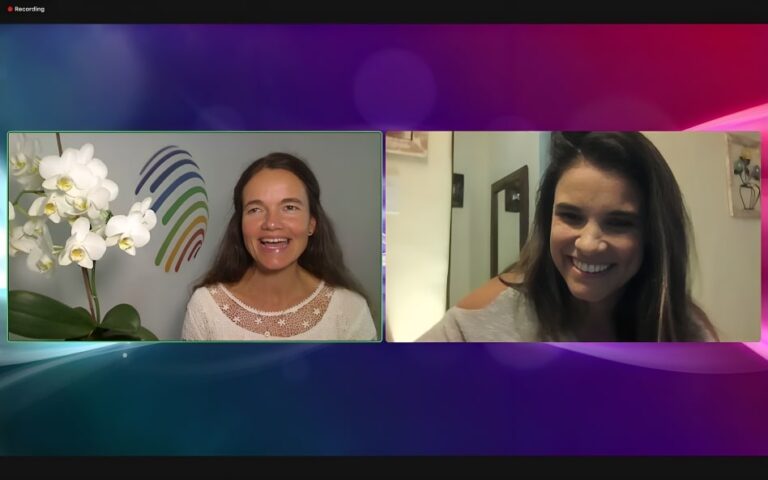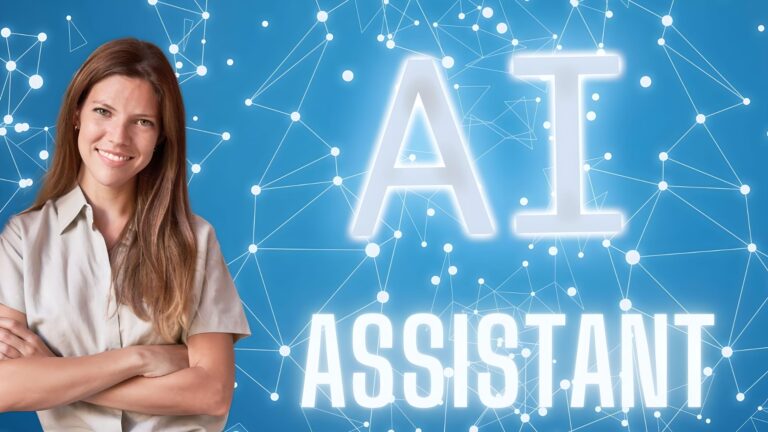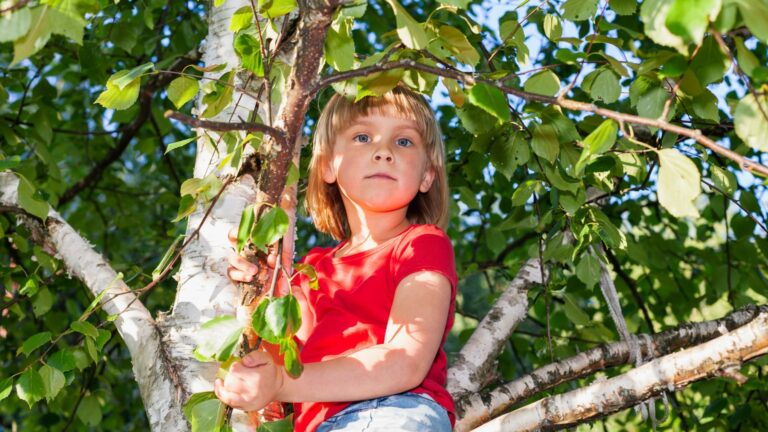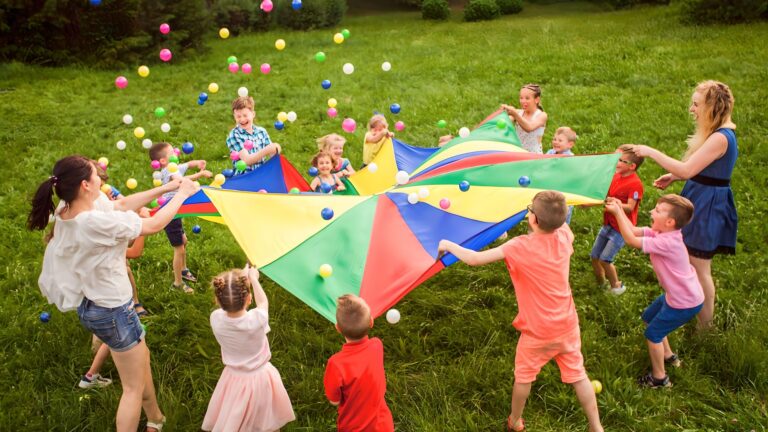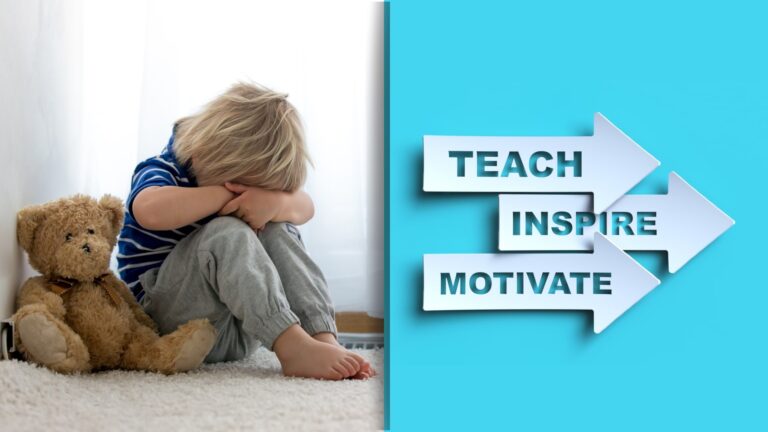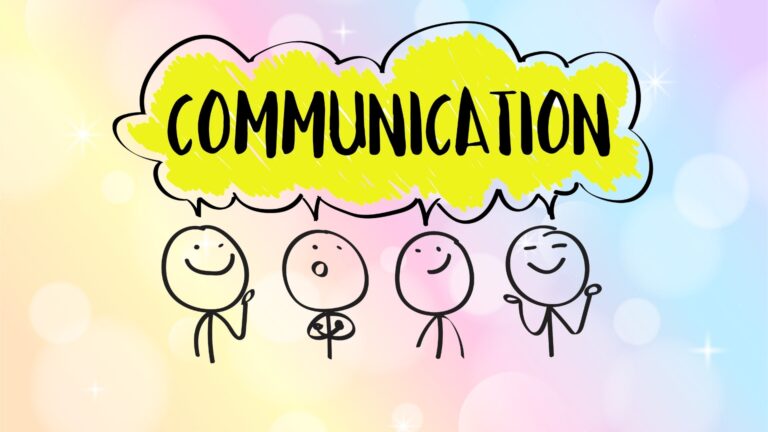The Crucial Role of Teacher Well-being in Early Childhood Education
Since Teachers play a pivotal role in shaping the future of young minds, let’s explore the delve into the symbiotic relationship between teacher well-being, professional growth, and the optimal development of children.


